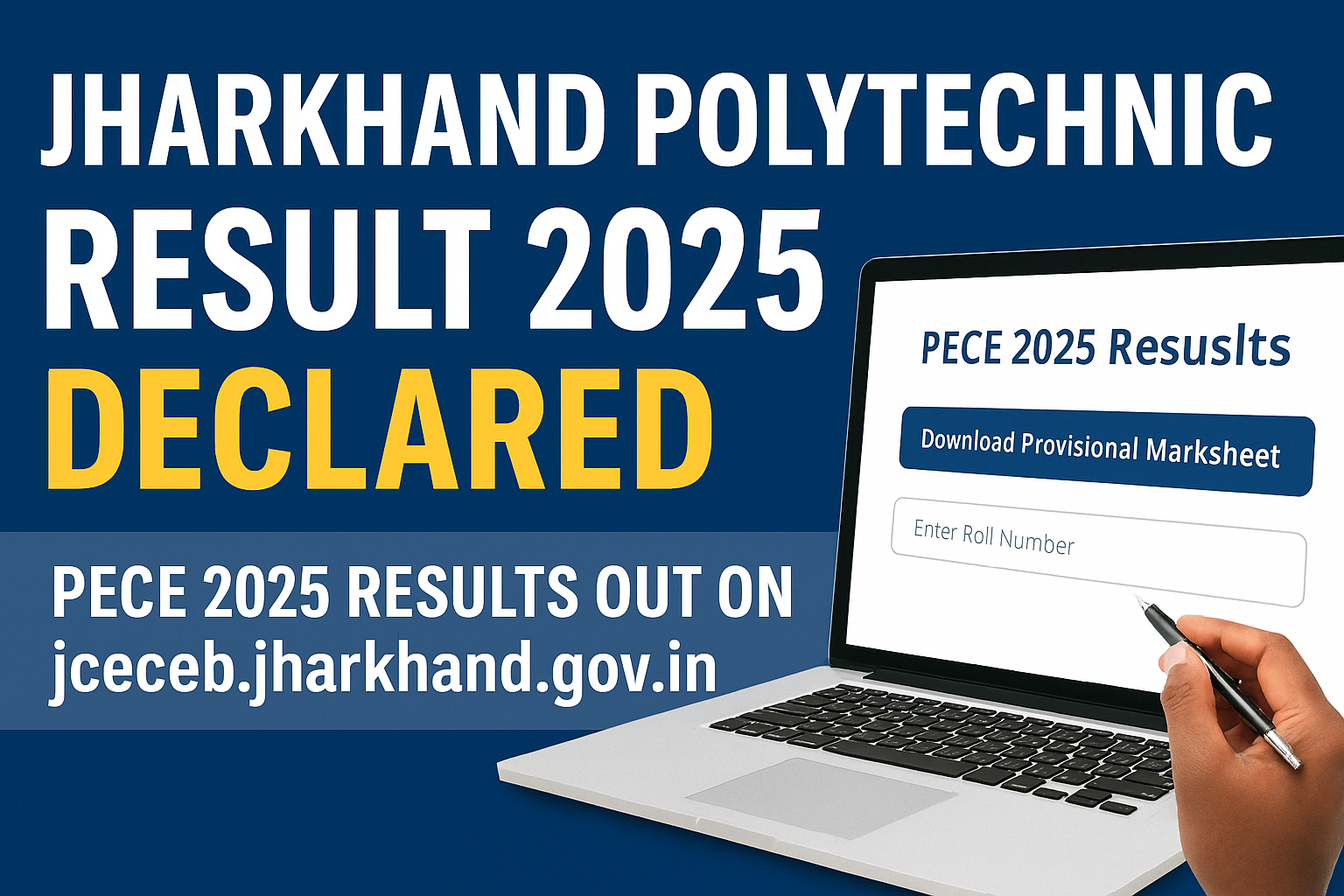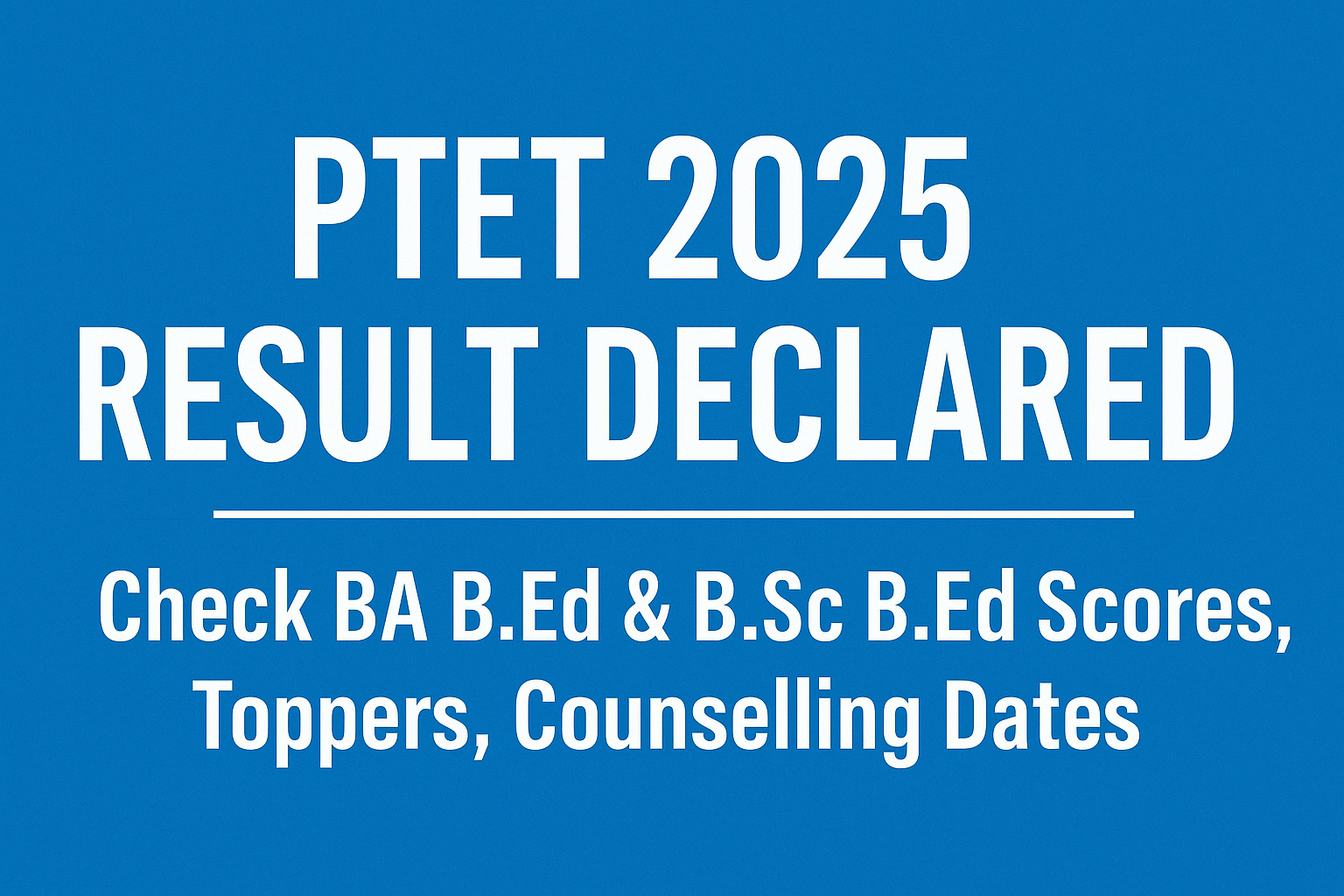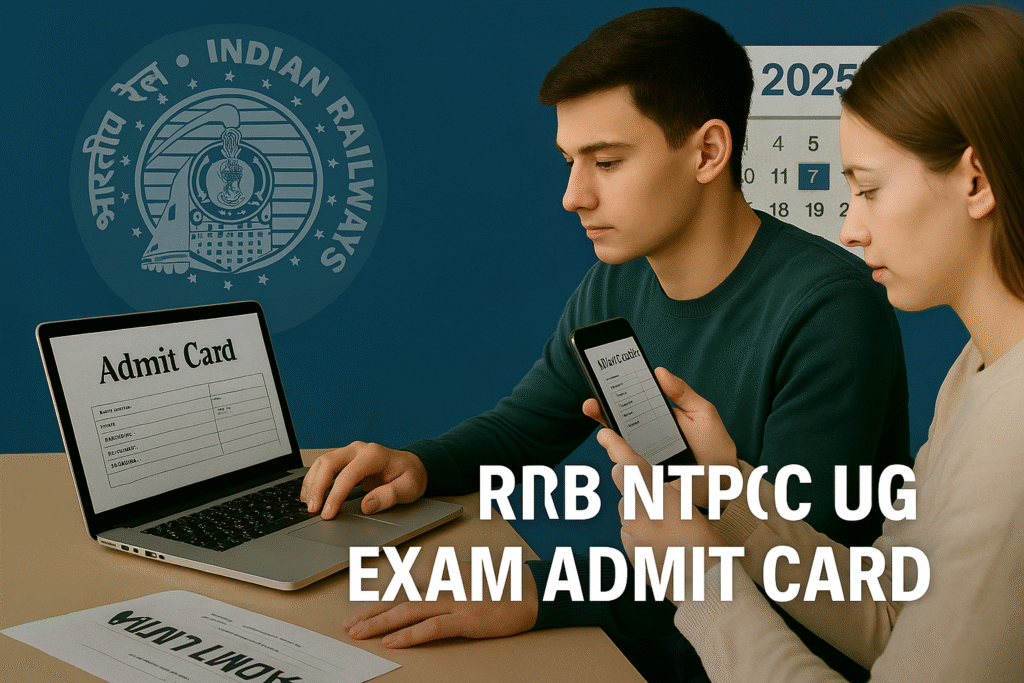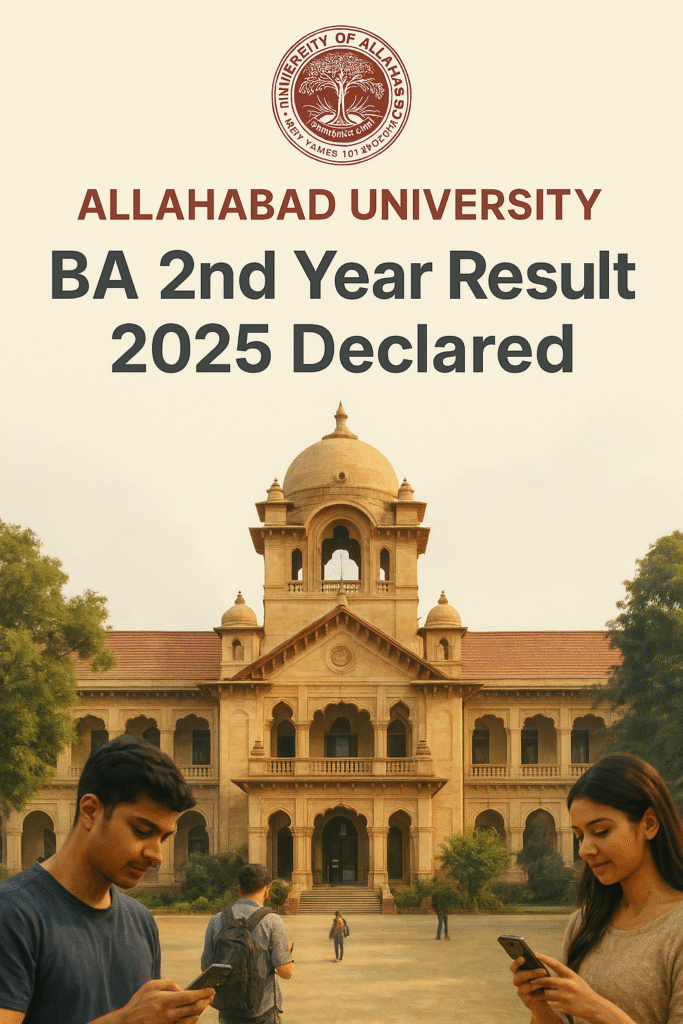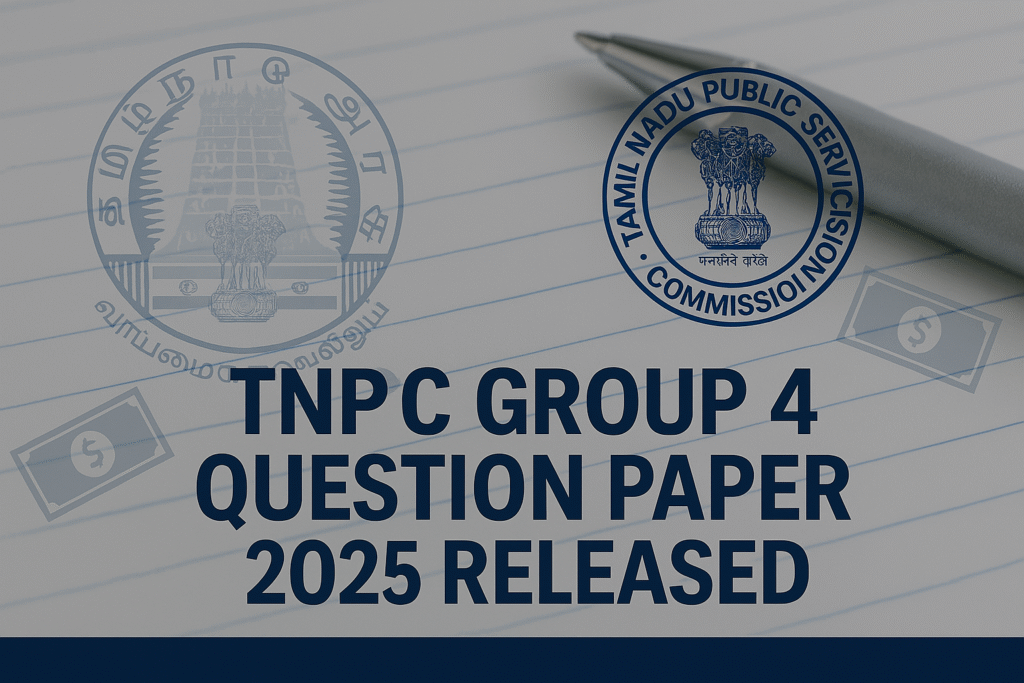The JEE (Main) 2026 cycle is underway with important announcements on exam format, registration, and city allocation. This blog provides a complete professional-journalist breakdown of all major updates for JEE Main 2026 aspirants.
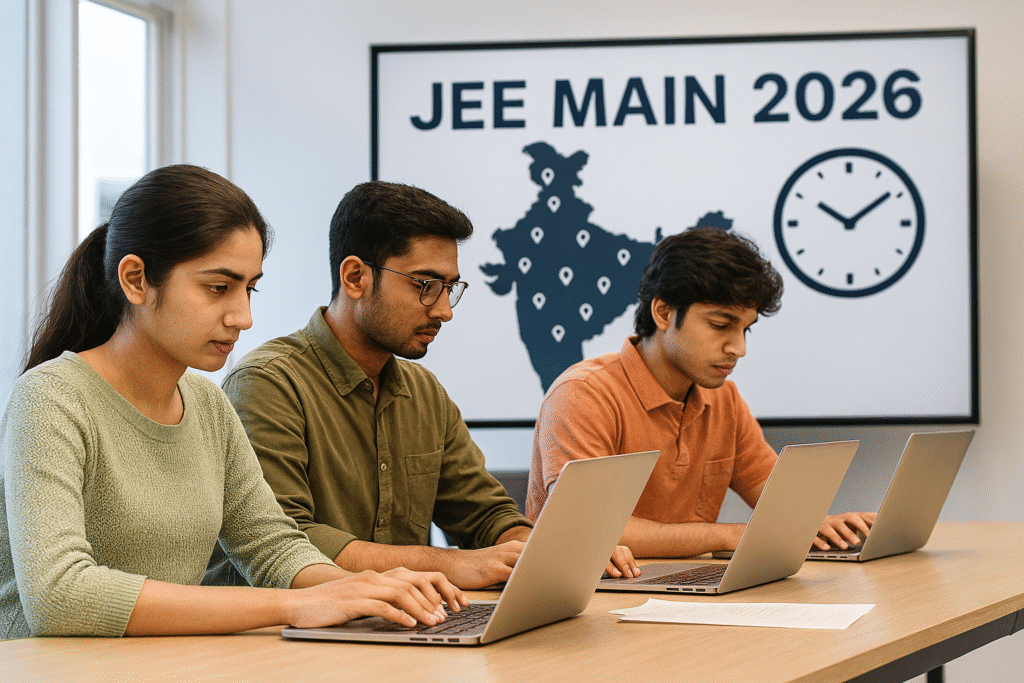
Table of Contents
The term “jee mains 2026” is trending among engineering-hopefuls nationwide, as the National Testing Agency (NTA) has rolled out significant modifications to registration rules, exam city allotment, and policy clarifications. With the exam slated to begin in January 2026, understanding these changes is essential for every serious candidate.
In this article you will discover:
The latest updates on JEE Main 2026 registration and exam city policy.
Key changes in rules, application process and exam pattern.
Important dates and timeline to plan your schedule.
Strategy and preparation insights in light of the new rules.
Introduction
For India’s brightest engineering aspirants, JEE Main serves as the gateway to prestigious institutes such as the Indian Institute of Technology (IITs), National Institutes of Technology (NITs), and other central engineering colleges. The 2026 cycle, tagged by many students as “jee mains 2026”, comes with adjustments designed to improve fairness, transparency and accessibility.
With new city-allocation methods, updated registration norms and clarified policies, this exam season demands both academic preparation and administrative readiness. The changes are not minor tweaks—they reflect broader reforms in how national-level exams are managed in India.
What the Latest News Says
Here are the major updates related to JEE Main 2026:
Exam City Allocation & Aadhaar Link
NTA has announced that from the 2026 session, exam cities will be allotted based on the candidate’s residential address linked to their Aadhaar card. This is intended to reduce long-distance travel and optimize logistics.
Also, new rules stipulate that candidates cannot choose any preferred city—allocation will be automatic. This follows the trend of reducing centre shopping and focusing on equity.
Calculator Clarification
A confusing notice in the initial 2026 brochure suggested an on-screen (virtual) calculator might be available. Shortly thereafter, NTA clarified that no calculator—physical or on-screen—will be permitted in the JEE Main 2026 exam. The agency acknowledged the mention was a typographical error and released a corrected bulletin.
This clarification means aspirants must maintain manual calculation speed and accuracy without relying on any calculator aid in the exam hall.
Registration Process & Important Dates
Registration for Session 1 (January 2026) is already open. Key procedural changes include:
Aadhaar-based pre-fill of data during registration.
Live photograph upload and updated signature/photo size criteria.
Expanded number of exam centres across India (new cities added) to improve accessibility.
Specified timelines for Session 1 (January 21-30, 2026) and Session 2 (April 2-9, 2026) as per the latest notice.
Eligibility & Documentation
Candidates are required to ensure their Aadhaar number, class X certificates, category certificate, and other documents (like UDID for persons with disabilities) are updated and correct. Any mismatch may cause application rejection.
Also notable: children born on or after a specified cut-off date are eligible; the previous age-limit requirement has been reviewed and clarified by NTA.
Why These Changes Matter
For a candidate preparing for “jee mains 2026”, the changes are more than administrative—they affect planning, mindset and resource allocation.
Travel & City Allocation: With no choice of city, many candidates will now be assigned closer centres based on address, reducing stress and cost.
No Calculator Aid: The removal of calculator option emphasizes speed and mental computation. Aspirants who relied on calculators previously must now shift strategy.
Application Precision: The updated registration rules mean late or incorrect uploads may result in rejection. Preparation must include the form-filling as much as syllabus revision.
Two Sessions Strategy: Candidates can now plan for January and April sessions—offering flexibility but also requiring sustained preparation.
Timeline & Key Dates for JEE Main 2026
Here is a projected timeline for “jee mains 2026” based on official updates:
| Event | Tentative Date |
|---|---|
| Registration opens – Session 1 | October 31 to November 27, 2025 |
| City Intimation Slip availability | Early January 2026 |
| Admit Card release | 3-4 days before exam |
| Session 1 Exam Dates | January 21–30, 2026 |
| Session 2 Exam Dates | April 2–9, 2026 |
| Results declaration | By mid-February (Session 1) & by late April (Session 2) |
Exam Pattern & What’s Changed for 2026
Although the core structure remains similar to previous years, here are key points for JEE Main 2026:
Mode: Computer Based Test (CBT) for BTech/BArch/BPlan.
Paper-1 (BTech) includes Physics, Chemistry, Mathematics.
No change in the negative marking scheme: +4 for correct, −1 for incorrect (MCQs).
Section B may include numerical value questions in some formats.
Important: No physical calculators permitted in exam hall—manual methodology is crucial.
Strategy for Preparation under the New Rules
As the topic “jee mains 2026” dominates student conversations, here are actionable strategies:
1. Concept Clarity
Given that calculator-aid is removed, conceptual clarity in Mathematics and Physics becomes even more important. Practice performing calculations manually while maintaining speed.
2. Mock Tests under Real Conditions
Simulate exam conditions: strictly timed sessions, no calculator, same duration as actual exam. Use latest question-pattern to adapt.
3. Manage the Two Sessions
With Session 1 and Session 2 available, plan phased preparation: aim to clear in Session 1 if possible; if not, use Session 2 as a backup with continued focused revision.
4. Administrative Readiness
Complete registration tasks early: photograph upload, Aadhaar verification, signature scans. Any delay may cost you an application rejection.
5. Travel & Logistics
Since city allocation is automatic, candidates should keep checking city-intimation slip early. Book travel/accommodation early if travel is needed.
6. Health & Mental Preparation
Maintain sleep, diet and exercise routine. The clarity of mind can make a difference in high-pressure exams like JEE Main.
Common Questions & Mistakes to Avoid
Don’t assume calculator allowance—clarified no calculators allowed.
Don’t delay application form—early submission avoids last-minute glitches.
Don’t ignore city allocation slip—know your centre, city and shift early.
Don’t skip manual calculations practice—important given no calculator.
Don’t ignore the syllabus changes or exam pattern updates—even small changes matter.
Conclusion
As you prepare for “jee mains 2026”, remember that the exam is no longer just a measure of knowledge—it assesses preparedness, speed, administrative discipline and adaptability. With important changes in exam city allocation, the clarifying policy on calculators, and two-session structure, the stage is set for a highly competitive season. Your success will come not just from what you know, but how you prepare under the new system. Embrace the change, adapt your strategy, and aim to perform with confidence.
Call to Action (CTA):
If you’re targeting JEE Main 2026, start early. Review your application checklist, follow the updated pattern, and execute your study plan with discipline. Share this guide with fellow aspirants so everyone steps into the exam hall fully prepared.
Frequently Asked Questions (FAQs)
When does registration for JEE Main 2026 start?
Registration for Session 1 opened in late October/November 2025.Can I choose my exam city for JEE Main 2026?
No, city allocation is now based on your address linked to Aadhaar; you cannot choose preferred cities.Will calculators be allowed in JEE Main 2026?
No calculators—physical or virtual—will be permitted in JEE Main 2026.How many sessions will JEE Main 2026 have?
Two sessions: Session 1 (January 21–30) and Session 2 (April 2–9) are planned.


